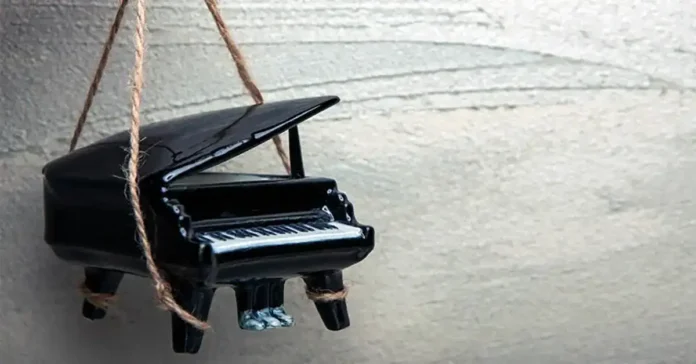A piano is not a minor investment – not only from a financial point of view but also emotionally. Those in love with their music and passion to play the piano also make another significant investment into it – space. This is one of the few musical instruments that takes up a significant amount of space. This article covers everything you need to know about piano packing, including 5 essential dos and don’ts to ensure your piano arrives safely at its new home.
A piano is not made for tight spaces. Now if it is faced with a situation of moving or being stored temporarily in a different location, it calls for extra care and precaution. Packing it incorrectly or storing it in a tight space can cause long-term damage to the instrument, and subsequently costly repair work. Hence, it is always a promising idea to take time before moving the piano and understand the best practices. One of these is to be prudent and invest in getting a proper piano storage. We recommend a self-storage unit for the same.
Read the below essential dos and don’ts before you start packing and moving your piano to understand the other important practices:
Do’s:
- Clean the piano keys with a damp cloth only. The polish should only be used to clean the wooden parts.
- Cover the piano with a soft cotton cloth or tarp to safeguard it from any possible environmental damages and dust.
- Delegate the responsibility of moving your piano to a professional, if possible. A piano can weigh anywhere from 136 kg to 453 kg. Without proper equipment, you will just end up hurting yourself and the piano.
- Always store the piano upright and never on its side.
- Ensure the facility is temperature and humidity controlled.
Don’ts:
- Do not use polish to clean the keys of the piano. That is meant only for the wood.
- Do not use rough packing material under the cover.
- Do not take your piano apart. Unlike other large pieces of furniture, where taking it apart is recommended, removing the lid or the soundboard from the piano can leave the strings, the hammers, and the other parts too exposed. One fault in the grand build of the piano can lead to permanent damage in the complex instrument.
- Do not store your piano against an exterior wall. Even if the walls are thick, the outdoor weather changes can trickle through the wall and damage the piano.
- Do not store the piano on the ground but on a pallet so it is above the ground level and is protected from vents, dampness, and accidental leakages.
Pro-tip: You should remember that once back from storage the piano may take time for it to adjust to its unfamiliar environment. Give it ten days before you tune it again.








